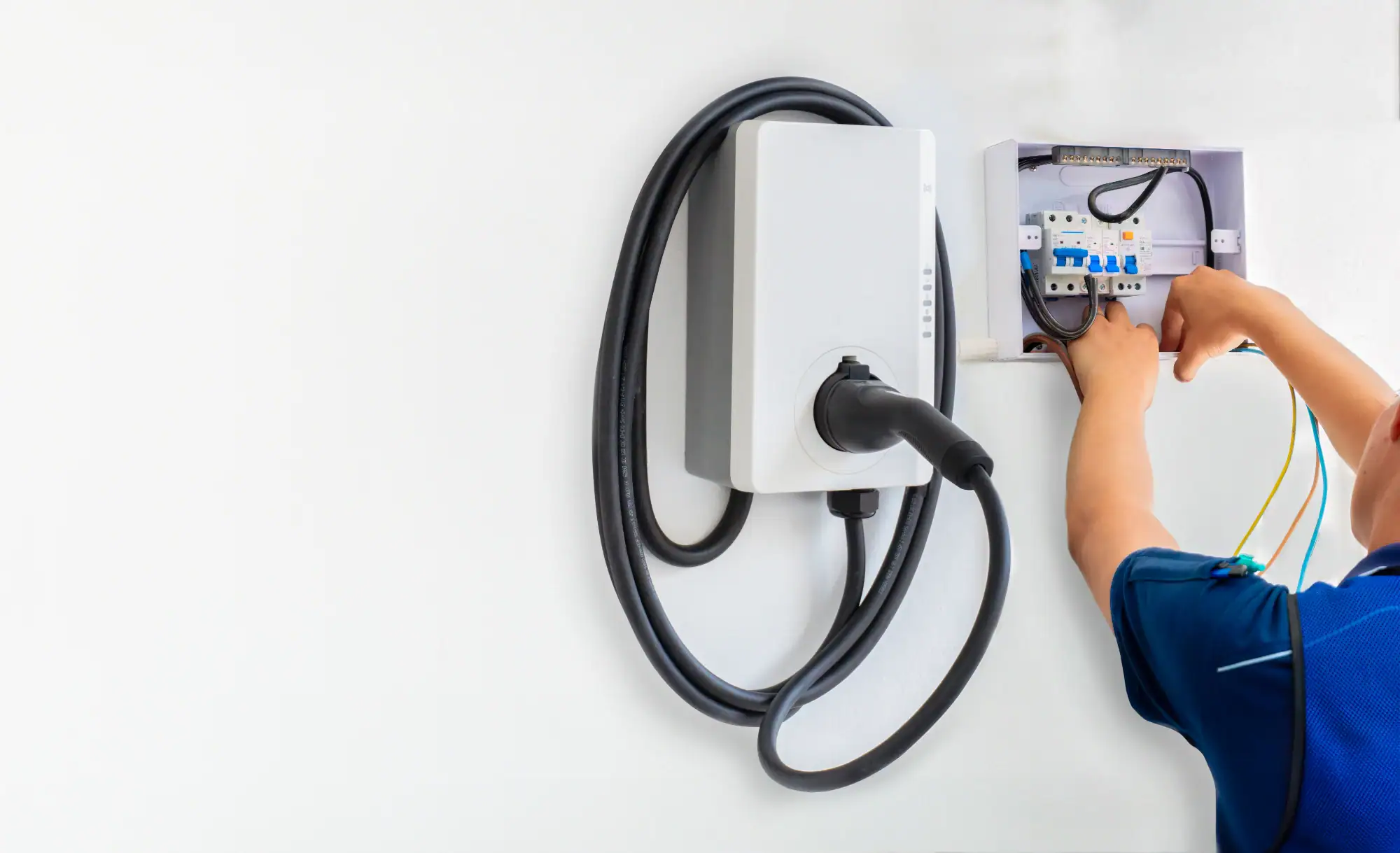Professional EV charger installation that’s safe, fast, and built to last for your Orland Hills home.
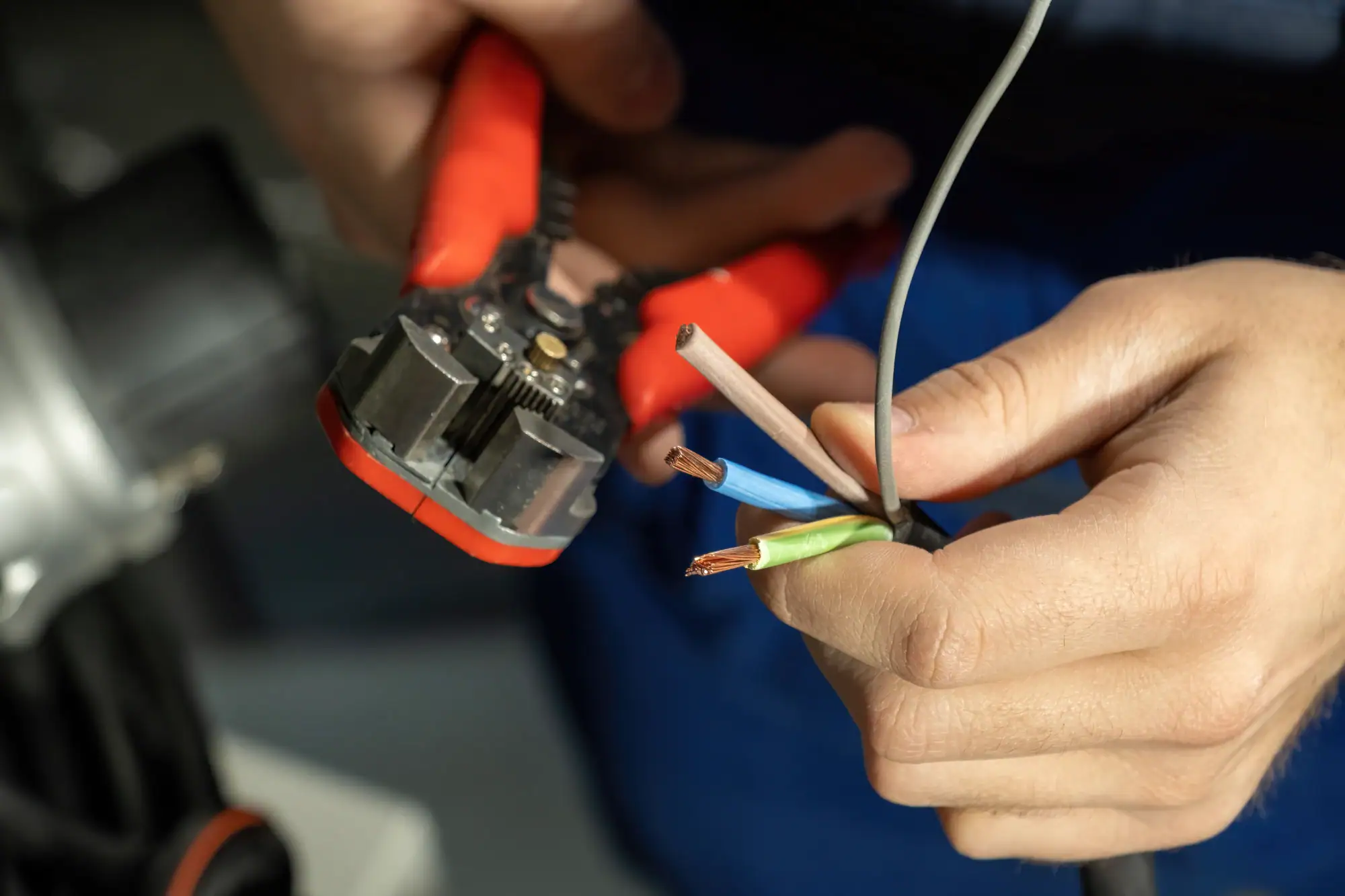
Hear from Our Customers
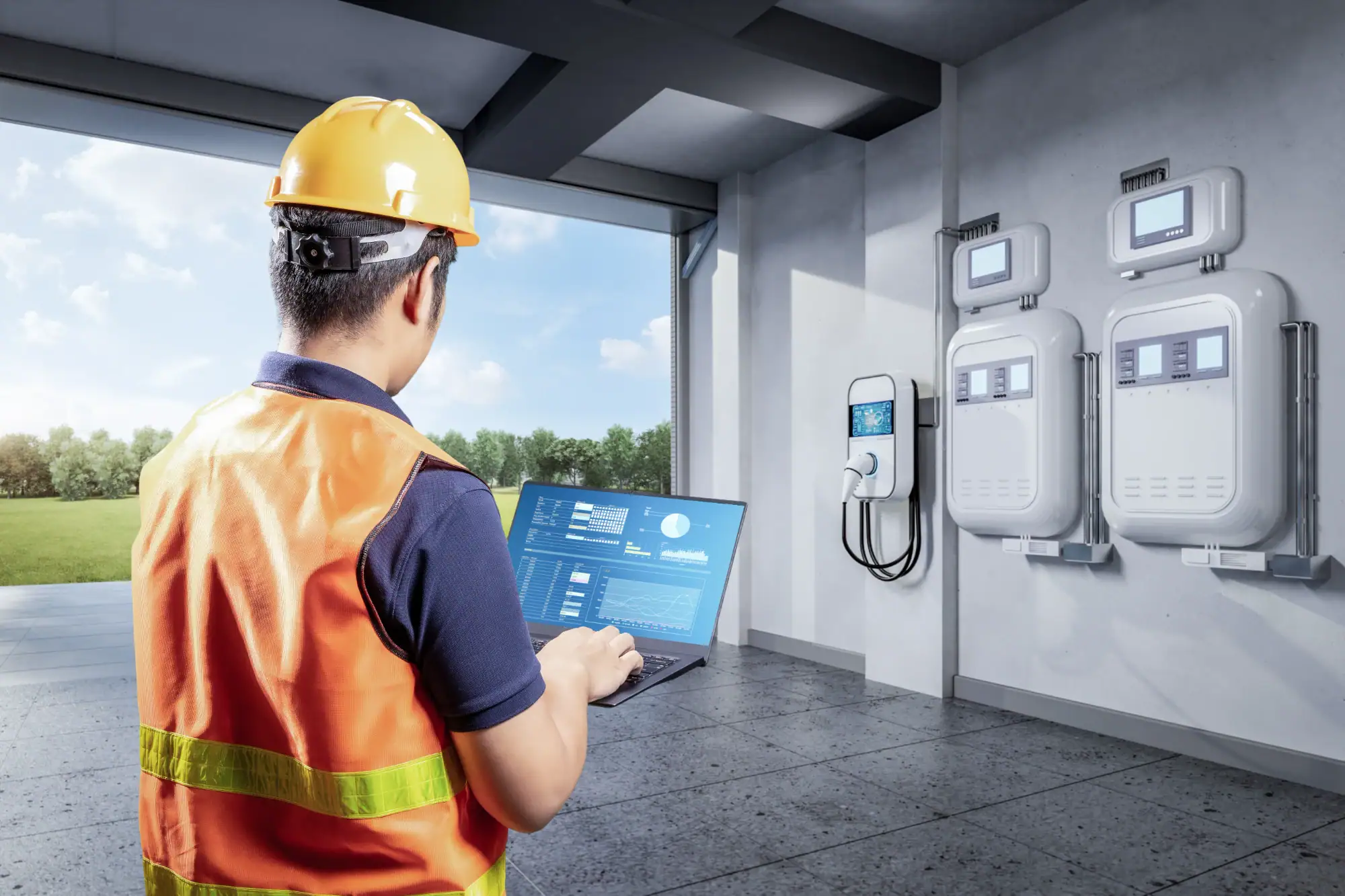
You bought an electric vehicle for good reasons. Lower emissions, reduced fuel costs, cutting-edge technology. But charging it from a standard wall outlet? That’s like filling a swimming pool with a garden hose.
A proper EV charger installation changes everything. Instead of waiting 20+ hours for a full charge, you’ll wake up every morning with a fully charged vehicle. Your car charges safely while you sleep, without overloading circuits or creating fire hazards that keep you awake at night.
The right installation also protects your investment. Electric vehicles aren’t cheap, and neither are the electrical systems that power them. When you have a licensed electrician handle your home EV charger installation, you’re ensuring your expensive vehicle gets clean, consistent power that won’t damage sensitive electronics or void your warranty.
Jimco Electric has been handling residential electrical emergencies in Orland Hills for over two decades. When your power goes out at midnight or you smell something burning from your electrical panel, we’re the team homeowners call first.
That same expertise applies to EV charger installations. We understand electrical systems from the ground up – load calculations, panel capacity, circuit requirements, and code compliance. This isn’t our first time running 240V circuits or upgrading electrical panels to handle new demands.
We’re licensed, bonded, and insured, which matters more than you might think. Orland Hills requires permits for EV charger installations, and insurance companies pay attention to who did the work. When something goes wrong with electrical systems, proper licensing and insurance protect you from expensive problems down the road.
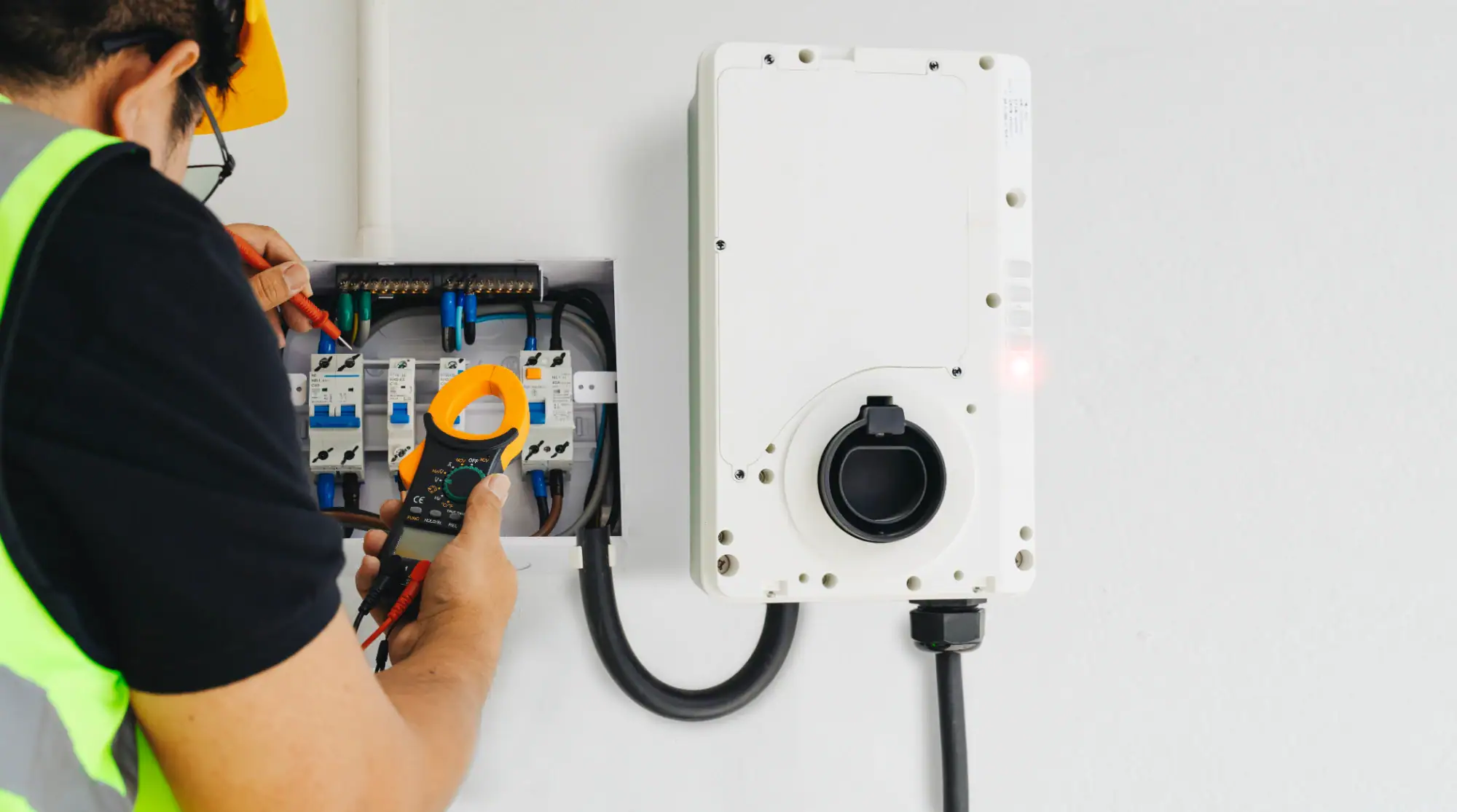
First, we assess your electrical panel and current capacity. Most Orland Hills homes built before 2010 need some electrical upgrades to safely handle EV charging loads. We’ll calculate exactly what your system can handle and what needs upgrading before any installation begins.
Next comes the actual installation work. We’ll run the appropriate 240V circuit from your panel to your chosen charging location – typically your garage or driveway. All wiring meets current electrical codes, and we pull the necessary permits with Orland Hills to ensure everything passes inspection.
The final step involves testing and commissioning your new charging station. We verify proper voltage, test all safety systems, and walk you through operation before considering the job complete. You’ll also receive documentation for your insurance company and any warranty claims.
Most residential EV charger installations take one to two days, depending on the complexity of your electrical system and how far we need to run new circuits.
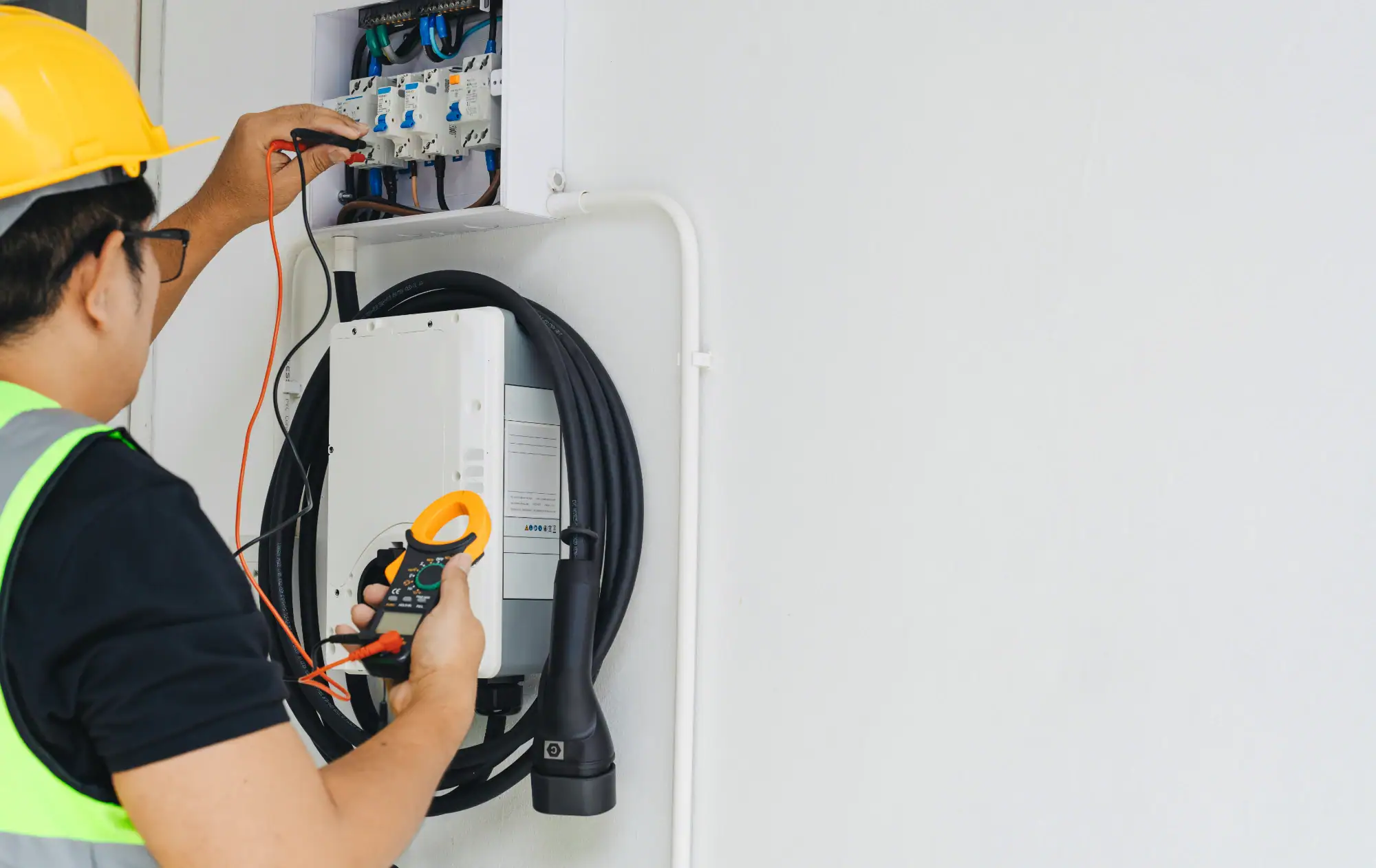
Ready to get started?
Your EV charger installation includes more than just mounting a charging unit on your wall. We handle electrical panel assessments, load calculations, permit applications, circuit installation, and final inspections. If your panel needs upgrading to handle the additional electrical load, we manage that entire process too.
Orland Hills homeowners often need 200-amp electrical service to safely support EV charging alongside existing household electrical demands. Many older homes in the area still have 100-amp service, which creates safety concerns when adding high-draw appliances like EV chargers. We evaluate your specific situation and recommend the safest, most cost-effective approach.
We also coordinate with ComEd when electrical service upgrades require utility involvement. Illinois electrical codes are strict about EV installations, and we ensure every aspect of your installation meets or exceeds current requirements. This attention to code compliance protects you during home sales, insurance claims, and electrical inspections.
